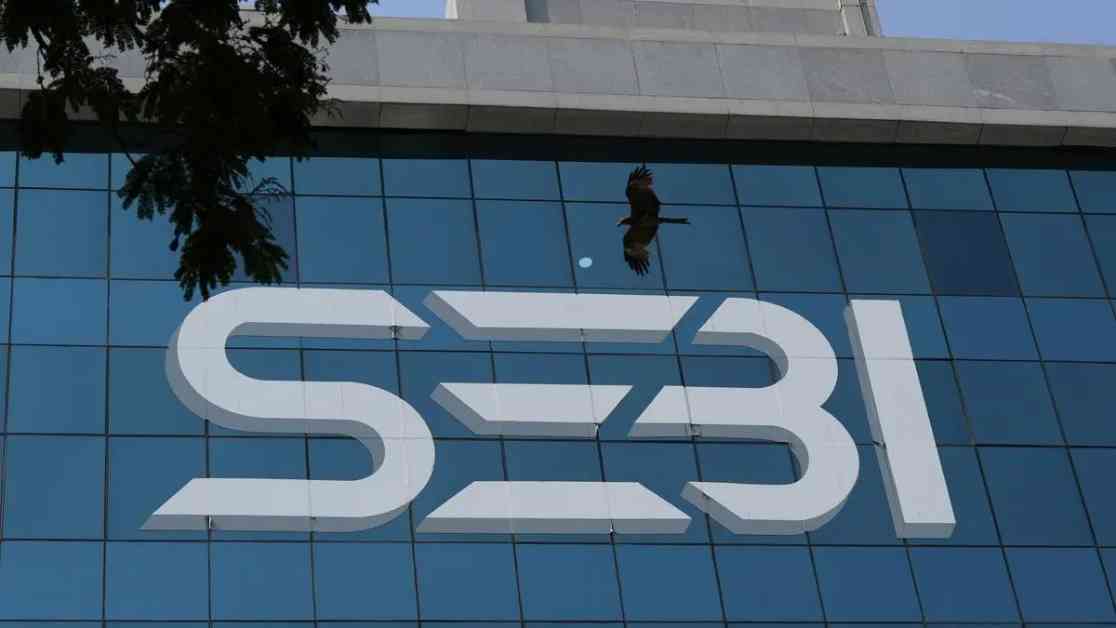The Securities and Exchange Board of India (SEBI) is apparently thinking of making some changes to the way futures and options are handled. They’re talking about introducing a delta-based end-of-day position limit and setting it at around ₹10,000 crore on a gross basis. This move would involve getting rid of intraday limits on index options and futures, as well as tweaking the definition of market-wide position limits. It’s all part of phase two of some derivatives reforms that SEBI has been working on.
According to some people who seem to know what’s going on, these changes have already been given the green light by SEBI’s secondary market committee. The new method involves using a delta-based approach to calculate open interest, which considers how each contract reacts to changes in the underlying price. Currently, open interest is calculated by adding up the notional value of all outstanding contracts held by participants. A final circular detailing all these changes is expected to come out sometime this month.
The new method would also bring about end-of-day index derivatives OI limits, which might be revised based on feedback from the public and a shift towards tighter surveillance rather than strict limits that could hinder legitimate market activities. Sources claim that SEBI might set the net FutEq limit at ₹1,500 crore and the gross limit at ₹10,000 crore for both long and short delta positions. In comparison, the initial proposals back in February suggested a net end-of-day future equivalent limit of ₹500 crore and a gross limit of ₹1,500 crore. As of now, there is a net limit of ₹500 crore with no gross limit on positions.
It seems like the industry wasn’t too happy about the proposed position limits on index derivatives, with about 55% of public comments disagreeing with the idea. SEBI is now expected to scrap the proposed intraday net limit of ₹1,000 crore and gross limit of ₹2,500 crore. A source mentioned that SEBI will be keeping a close eye on intraday positions throughout the day and if they notice anything fishy, the exchanges will investigate further.
The stock exchanges, in collaboration with SEBI, are supposedly working on a standard operating procedure to deal with any breaches that may occur. The proposed definition of market-wide position limits is also expected to be adjusted to ensure better risk management in the derivatives segment. These changes aim to align risk metrics with actual market exposure, prevent manipulation, and avoid situations where a stock suddenly goes into a ban period without any prior warning.
Even though these measures aren’t intended to reduce derivatives trading volumes, SEBI is apparently considering more actions to control speculation, especially on expiry days. Analysis of index options activity between December 2024 and March 2025 has shown a significant increase compared to two years ago. Data from SEBI suggests that while the number of individuals trading in equity derivatives has decreased by 12% year-on-year, it has gone up by 77% compared to the same period in the previous year.
All in all, it looks like SEBI is gearing up to tighten the reins on the futures and options market to ensure everything runs smoothly and fairly. It’s a lot of information to digest, and it’s not really clear why all of this matters, but hey, that’s the world of finance for you!























